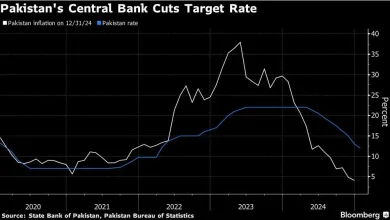A groundbreaking report by UK consultancy Foresight Transitions has exposed the European Union’s growing vulnerability to climate-driven food shortages, with cocoa imports facing particularly severe risks. The analysis shows a staggering 96.5% of the EU’s cocoa – the essential ingredient in chocolate – originates from countries poorly equipped for climate change, while 77% comes from regions experiencing significant biodiversity loss.
The study, commissioned by the European Climate Foundation, examined six critical commodities (cocoa, coffee, soy, rice, wheat, and maize) by cross-referencing trade data with climate readiness and biodiversity metrics. Cocoa emerged as the most threatened, primarily sourced from West Africa where climate shocks and ecosystem degradation are devastating production.
“These threats are already materializing through price volatility, supply disruptions, and farmer distress,” warned lead author Camilla Hyslop. The report urges chocolate manufacturers to treat climate adaptation as essential risk management rather than corporate social responsibility, emphasizing that fair farmer compensation would enable crucial resilience investments.
The crisis extends beyond chocolate. The EU sources 90% of its maize and significant wheat volumes from environmentally vulnerable nations, challenging assumptions about European food security. Coffee supplies are also at risk, with Uganda – supplying 10% of EU imports – battling unpredictable weather that’s damaging crops.
“This isn’t just about protecting current systems,” said Oxford food researcher Marco Springmann. “We need fundamental changes, like reducing reliance on soy for animal feed, to build true long-term resilience.” As climate impacts intensify, the report sounds an urgent alarm for Europe’s food security and the global chocolate industry.
Also read: Two police officers martyred in terrorist attack on Bannu checkpost






